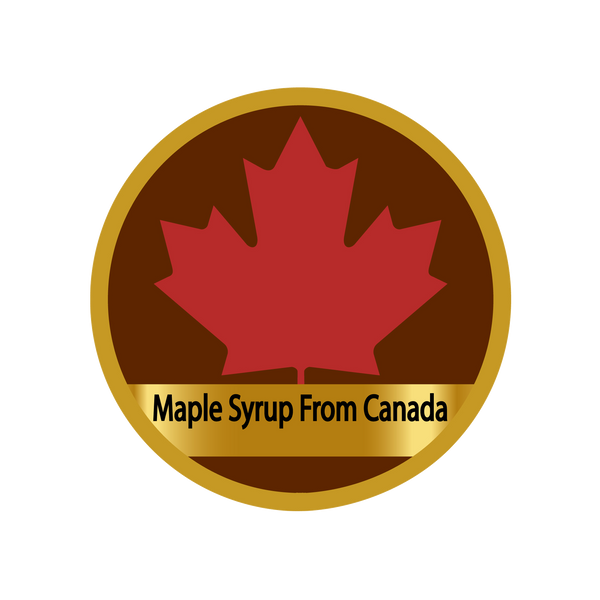Maple syrup is a beloved sweetener made from the sap of maple trees, primarily found in the Northeastern region of North America. While traditionally sold in local markets, the global demand for maple syrup has increased, leading to the need for international sales channels. E-commerce platforms have become an increasingly popular choice for producers, importers, retailers, and distributors of maple syrup to sell their product internationally. However, with benefits come challenges. In this article, we will explore the benefits and challenges of using e-commerce channels to sell maple syrup internationally.
Benefits
Increased Reach
One of the most significant benefits of using e-commerce channels to sell maple syrup internationally is the increased reach that it provides. Online marketplaces such as Amazon and Alibaba have millions of customers worldwide, making it easier for producers to sell their product to a global audience. This increased reach can help small-scale resellers tap into new markets, which they may not have been able to access otherwise.
Reduced Costs
E-commerce channels also offer reduced costs when compared to traditional distribution methods. Selling maple syrup internationally can be expensive due to the costs associated with transportation, tariffs, and import/export fees. E-commerce platforms can help reduce these costs by offering a more streamlined distribution process. Maple syrup distributors can also benefit from reduced marketing costs, as e-commerce channels offer built-in marketing tools that can help increase visibility and sales.
Improved Customer Experience
E-commerce channels provide a more convenient and accessible shopping experience for customers. Consumers can easily browse, purchase, and receive their maple syrup from the comfort of their own homes, regardless of their location. This convenience can lead to increased customer loyalty and repeat business.
Challenges
Shipping Challenges
One of the most significant challenges of using e-commerce channels to sell maple syrup internationally is shipping. Maple syrup is a heavy and fragile product, which can make shipping costs expensive. It is frequent to see quote for shipping that will be more expensive than the price of the product for international B2C orders.
Cultural Differences
Another challenge of selling maple syrup internationally is navigating cultural differences. Maple syrup is a product that is primarily consumed in North America, meaning that distributors must understand the cultural differences in each country to successfully market their product. This may involve adapting marketing strategies and packaging to appeal to the preferences and tastes of each market.
Regulatory Compliance
Finally, distributors must also consider regulatory compliance when selling maple syrup internationally. Different countries have different regulations regarding food safety, labeling, and packaging. Distributors must ensure that their product complies with the regulations of each country they wish to sell to, which can be a complex and time-consuming process.
Conclusion
In conclusion, e-commerce channels provide an excellent opportunity for maple syrup sellers to expand their international sales. However, resellers must also consider the challenges associated with selling maple syrup internationally, including shipping costs, cultural differences, and regulatory compliance. By carefully considering these factors and developing a solid e-commerce strategy, maple syrup distributors can successfully sell their product to a global audience.

